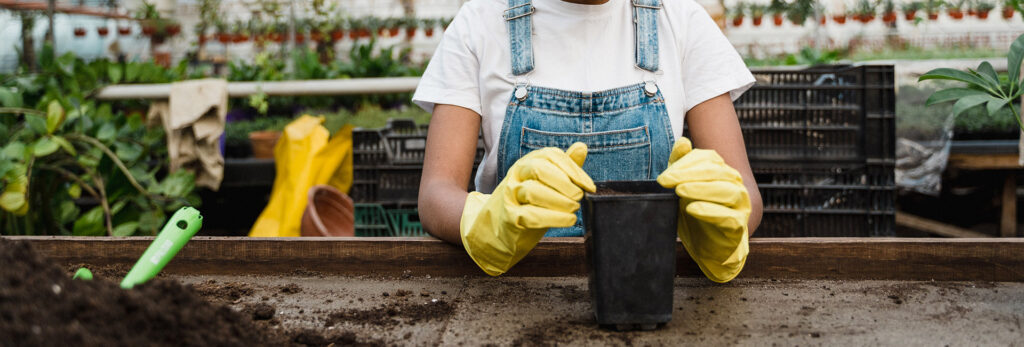Who Else Wants To Know The Advantages And Disadvantages Of Organic Gardening?

Organic gardening is a method of growing plants and vegetables without the use of synthetic fertilizers, pesticides, or genetically modified seeds. Instead, organic gardeners rely on natural methods. Such as composting, companion planting, and crop rotation, to fertilize and protect their plants. Organic gardening has many advantages and disadvantages, and it is important to weigh both before deciding whether to pursue this type of gardening.
Advantages of organic gardening:
- Healthier produce: This type of gardening produces fruits and vegetables. And also they are free of harmful chemicals and toxins, making them healthier for human consumption. Organic produce has been shown to contain higher levels of vitamins, minerals, and antioxidants, providing numerous health benefits.
- Better for the environment: Organic gardening practices are more sustainable and environmentally friendly than traditional methods. Organic gardeners do not use synthetic chemicals that can harm the soil, water, and air, and they rely on natural methods. Such as composting and crop rotation, to maintain soil fertility.
- Better taste: Many gardeners claim that organic produce has a better taste than conventionally grown produce. This is because organic produce is allowed to mature at its own pace, which leads to a deeper and more complex flavor.
- Cost-effective: This can be cost-effective in the long run, as it eliminates the need for expensive synthetic chemicals and fertilizers. In addition, gardeners can save money by composting and recycling, which can reduce the cost of fertilizer and other inputs.
Disadvantages of organic gardening:
- More time-consuming: Organic gardening can be more time-consuming than traditional methods, as gardeners must rely on natural methods, such as hand weeding, to control pests and diseases.
- Less predictable yields: Organic gardening can be less predictable than traditional methods, as yields can be affected by weather, pests, and disease. In addition, organic gardens may not produce as much produce as traditional gardens, due to the use of natural methods to control pests and diseases.
- More challenging: This can be more challenging than traditional methods, as gardeners must have a deeper understanding of soil fertility, plant biology, and pest management.
- Higher start-up costs: Organic gardening can have higher start-up costs, as gardeners must invest in composting bins, tools, and other inputs.
Conclusion
In conclusion, organic gardening has many advantages and disadvantages. And also it is important to weigh both before deciding whether to pursue this type of gardening. This can provide healthier produce, be better for the environment, and lead to better-tasting food. But it can also be more time-consuming, less predictable, and more challenging than traditional methods. Ultimately, the decision to pursue this sort of garden depends on individual goals, gardening experience, and resources. If you are passionate about gardening and committed to using sustainable and environmentally friendly practices, organic gardening may be the right choice for you.
Related Links
https://bizmaster.lk/gardening/the-benefits-of-container-gardening/
.



